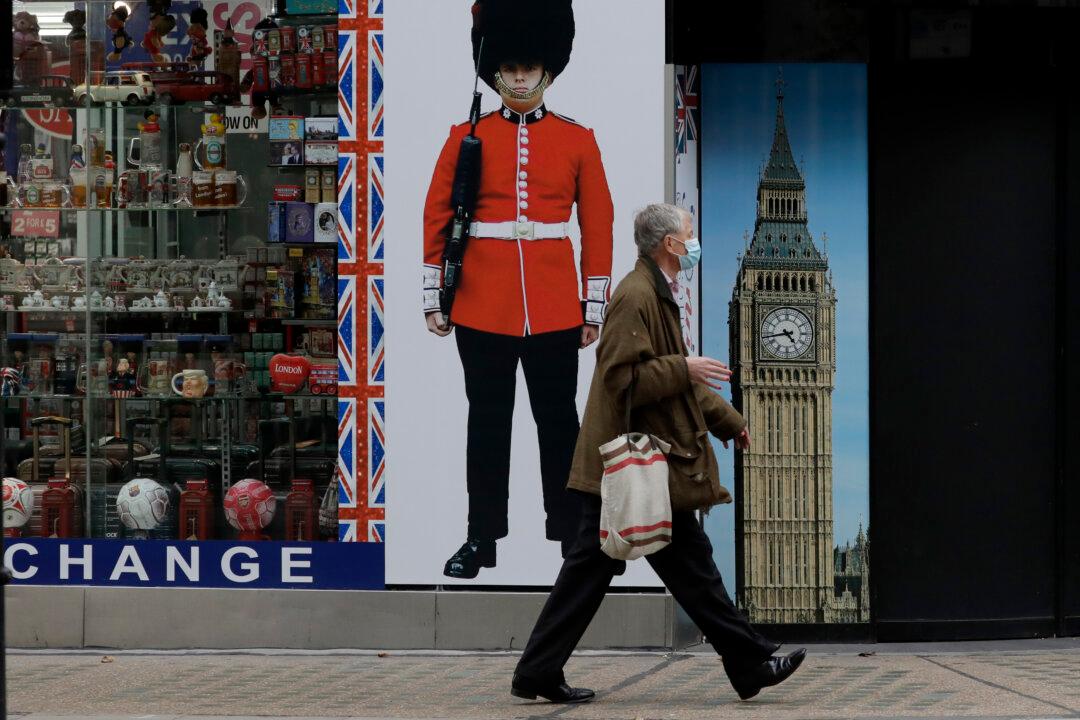The government has announced that under new measures to limit the spread of the CCP virus, people in England may soon not have to automatically self-isolate if they have been in contact with someone who has tested positive for the disease.
Prime Minister Boris Johnson told the House of Commons on Monday that instead of putting themselves in quarantine for 14 days, contacts will be asked to get daily tests for a week and can carry on as normal if they test negative.





